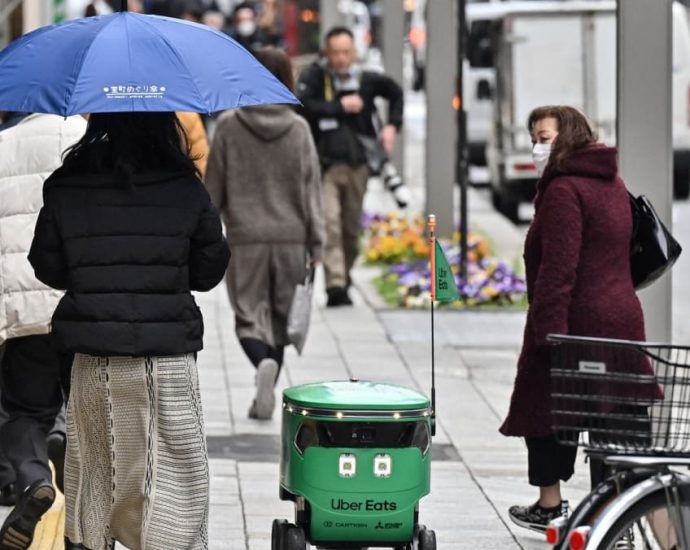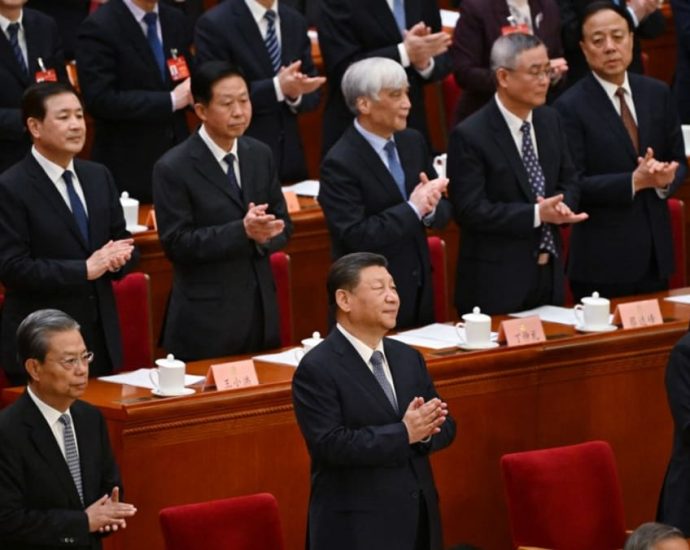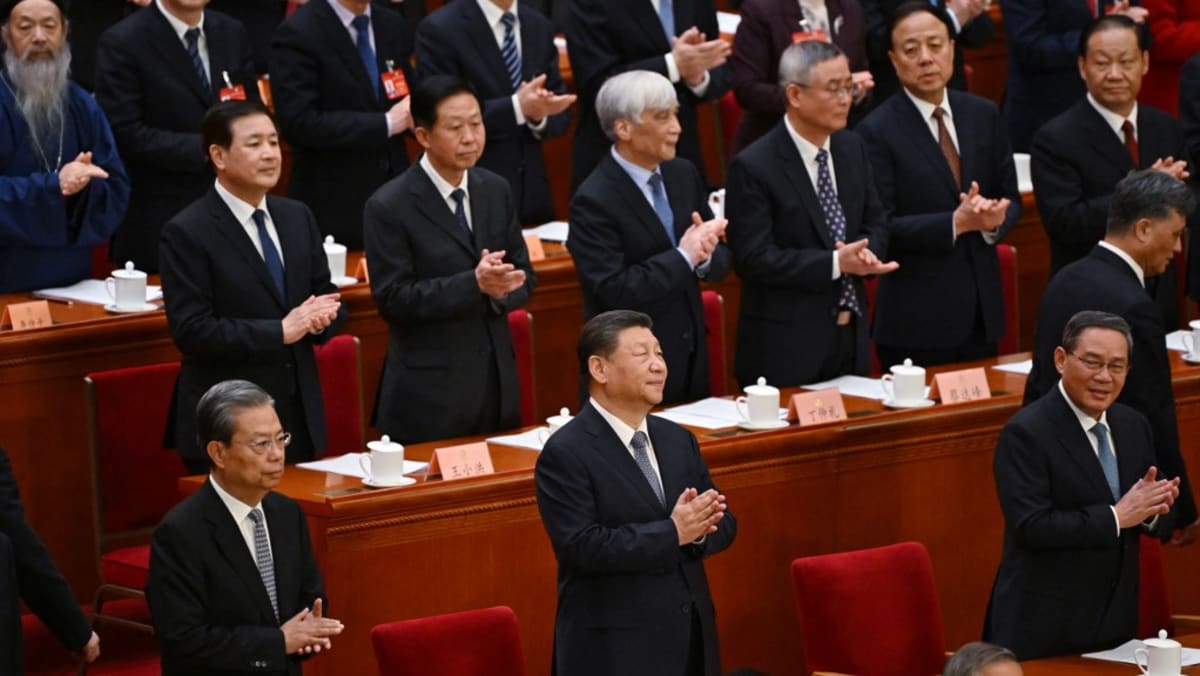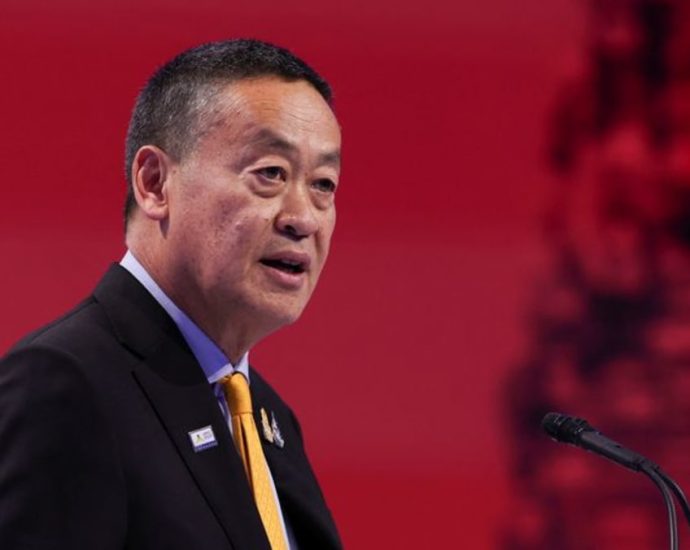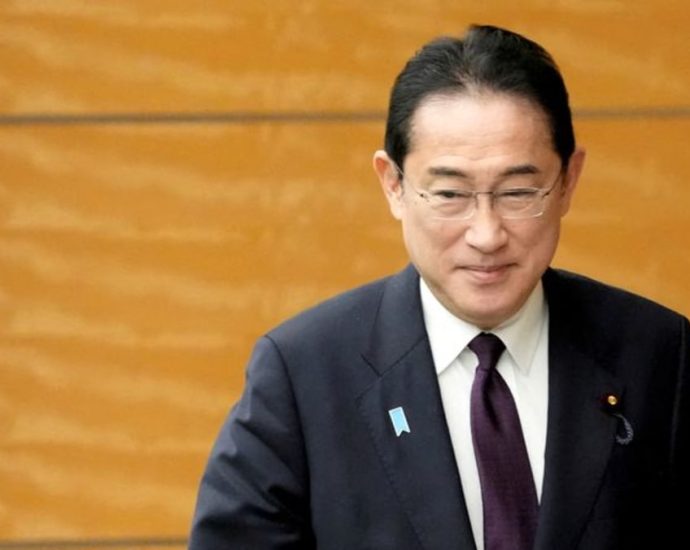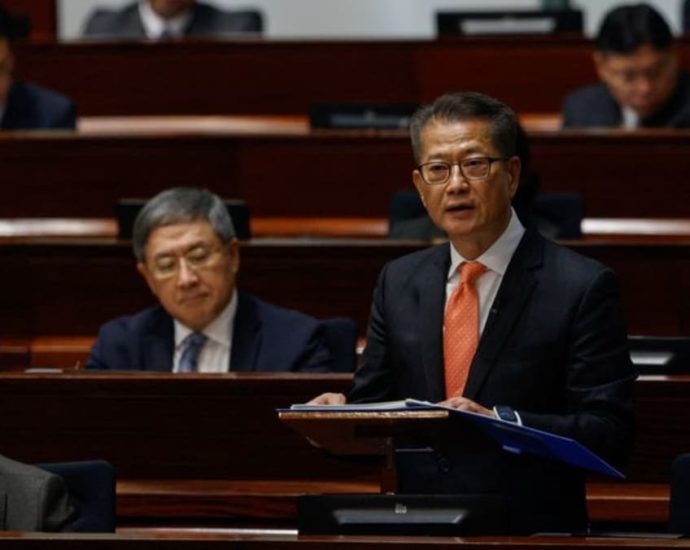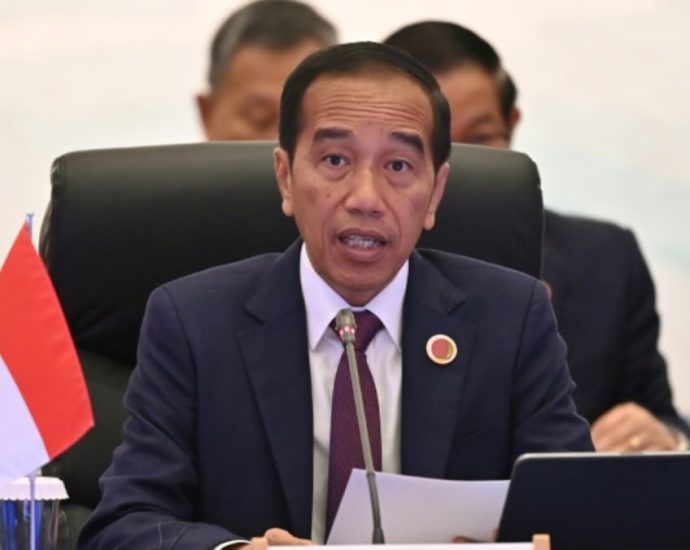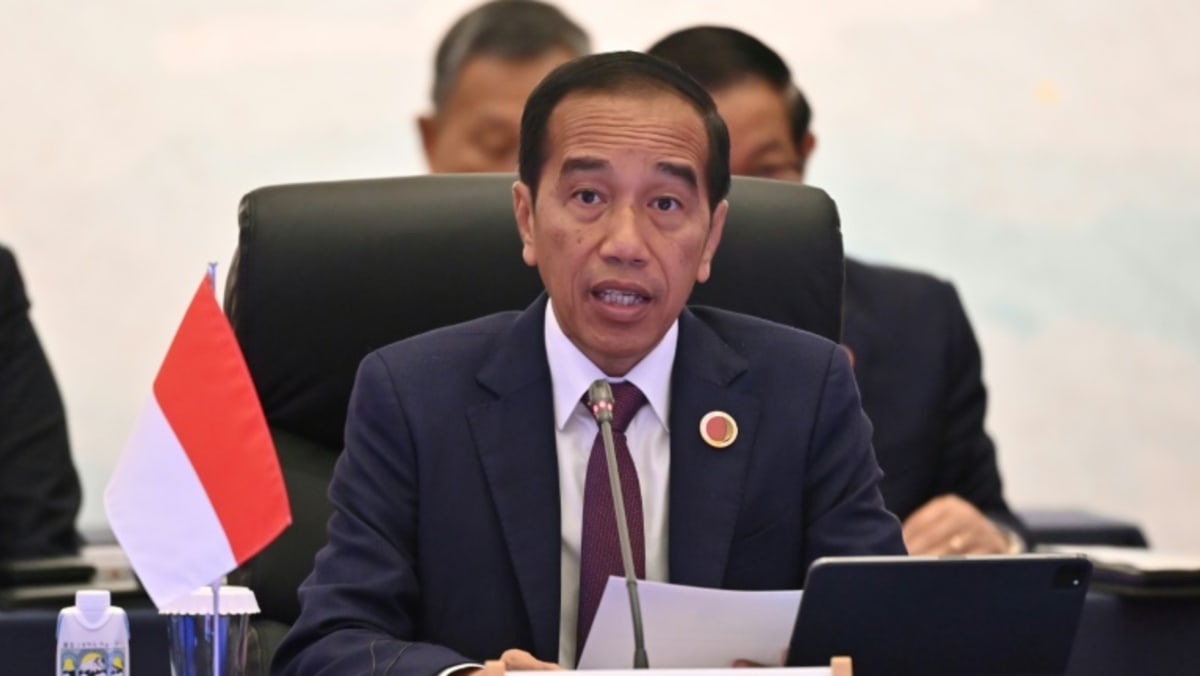Malaysia to monitor changes in EU curbs on palm biofuel after WTO ruling
KUALA LUMPUR: Malaysia said on Wednesday (Mar 6) it will closely monitor how the EU responds to a WTO ruling that supported the bloc’s stance that palm oil-based biodiesel should not count as a renewable biofuel, but sought changes in how it implemented that decision. A World Trade Organization adjudicatingContinue Reading


